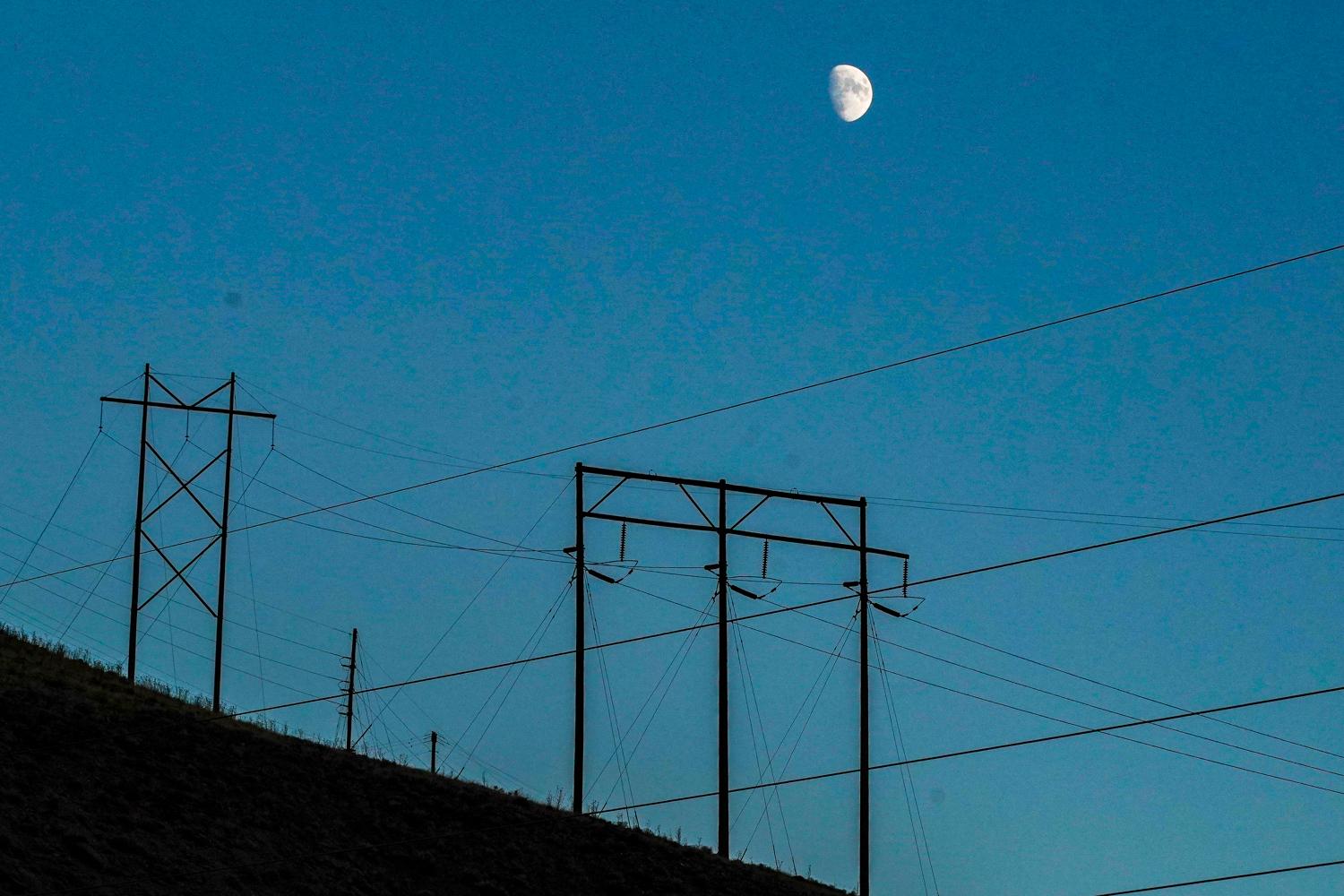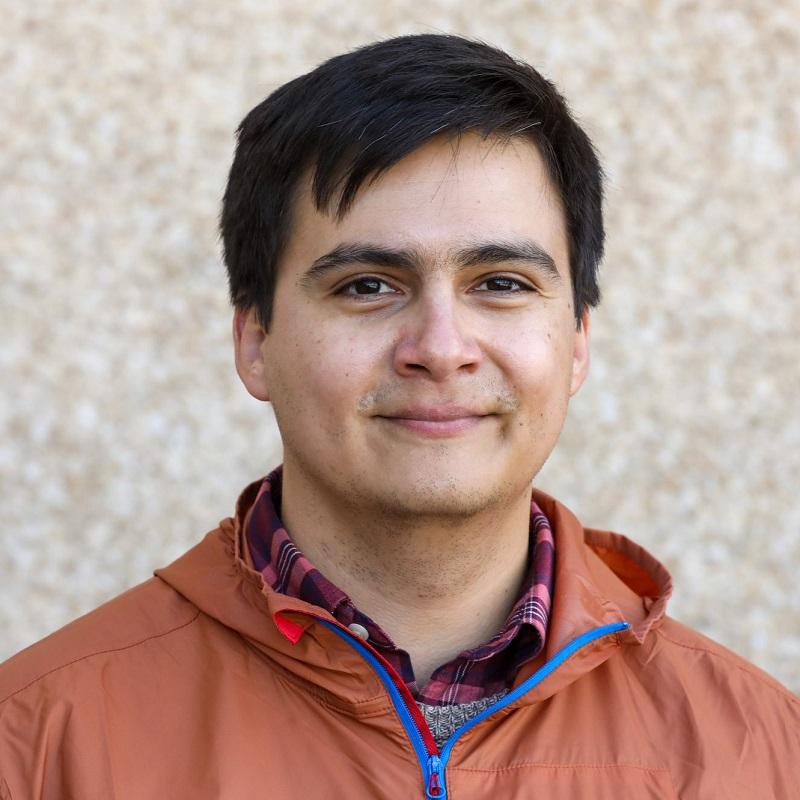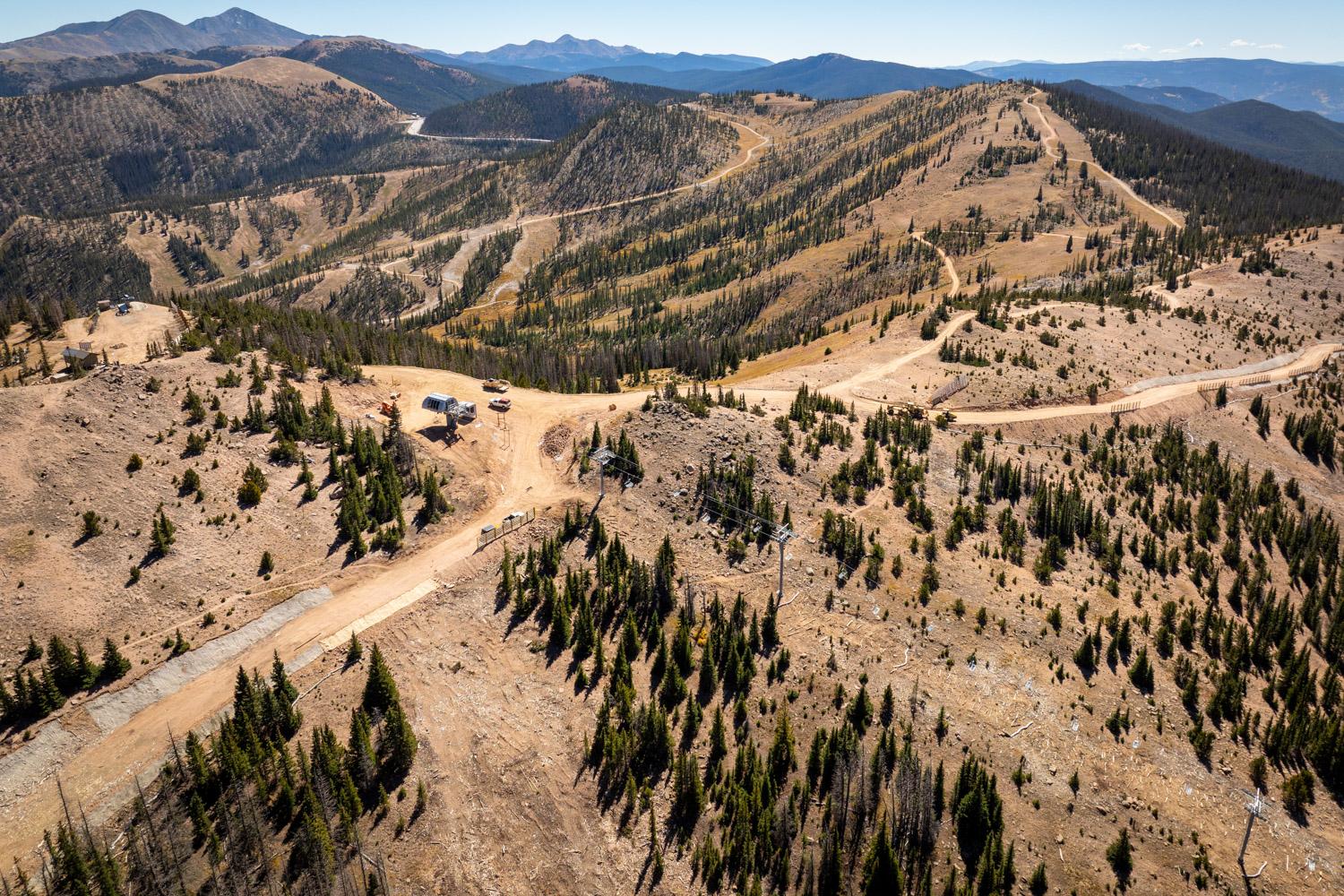
To lower utility bills and slow climate change, Colorado regulators are looking to a strategy that worked for California and other states but has lost some luster in recent years.
The concept would allow Colorado counties, cities and towns to band together to buy electricity directly from wholesale suppliers, which would then be transmitted by their existing electric utility to power homes and businesses. Some researchers and supporters of clean energy say the option, known as community choice aggregation, makes the energy market more competitive and responsive to the interests of consumers — including more control over how their electricity is generated.
The Colorado Public Utilities Commission is considering whether to recommend the concept to state legislators, who ordered the study last year as some residents voiced increasing frustration with having to rely on for-profit utility companies like Xcel Energy and Black Hills Energy.
More than two dozen people who spoke in favor of community choice aggregation praised the idea during a hearing held by the Public Utilities Commission this week. But in regulatory filings, state agencies, environmental groups and utility companies said allowing local governments to buy electricity outright could derail utilities’ efforts to clean up the energy sector.
“The regulatory implications and legal impacts that would allow cities and counties to acquire alternative wholesale electric supply would be severe,” attorneys for Xcel Energy told the commission in a filing this spring. The utility said doing so “could fundamentally change the entire regulatory … framework and introduce significant risks without clear benefits.”
States that allow local governments to purchase electricity on behalf of residents require customers to pay fees to break away from their utilities. Some groups, including environmental nonprofit Western Resource Advocates and the Colorado Energy Office, worried the shift could reduce the number of ratepayers for established utilities and threaten large-scale renewable energy projects that regulators had already approved.
Breaking from the status quo is exactly what attracts some customers to the option, including Larry Miloshevich, a Lafayette resident who testified in support of the legislation that enabled the study.
“Competition benefits everyone, including communities that stay with their utilities,” Miloshevich told the commission this week. “Utilities will try harder when their customers have a choice.”
Cities and towns in 10 states have the option of buying wholesale electricity that feeds into their utility’s power supply, according to the U.S. Environmental Protection Agency. They include California, Illinois, Massachusetts and New York.
The option was particularly successful in California, where its adoption correlated with an increase in clean energy sales, according to a report to the commission by energy research consultant Eric O’Shaughnessy.
Investor-owned utilities successfully fought recent efforts by residents looking to municipalize their power grid, including in Boulder and Pueblo. In Cañon City, voters in 2020 rejected a franchise agreement with their electricity provider, Black Hills Energy, but have since struggled to find an alternative provider.
In its filings, Xcel claimed those who are pushing for communities to buy wholesale electricity “are either out-of-state entities with a vested interest in the expansion of [community choice] or activists that are dissatisfied with the outcome of the Boulder municipalization effort.”
Filings from the Colorado Energy Office and the state Office of the Utility Consumer Advocate acknowledged the potential benefits of community choice aggregation but said adopting the option would mean significant changes. Regulators would have to consider whether breakaway communities have enough resources to ensure the reliability of the regional power grid, as well as the price impact for residents who stay with the investor-owned utility.
The Colorado Energy Office said the option could potentially disrupt efforts by utilities to move away from coal and hit state mandates to reduce greenhouse gas emissions by at least 80 percent of 2005 levels by the end of the decade.
The Public Utilities Commission hired the Great Plains Institute, a nonpartisan advisory group, to collaborate on the study. The commission will send the recommendations to the state Legislature by Dec. 15.
Colin Laird, a trustee for the town of Carbondale, told the commission this week the town is served by both Xcel Energy and Holy Cross Energy, an electric cooperative. The idea was worth investigating, he said.
“We really don’t have a common shared understanding of what [community choice] is trying to do,” Laird said. “Let’s spend some time to really understand what this is about.”









